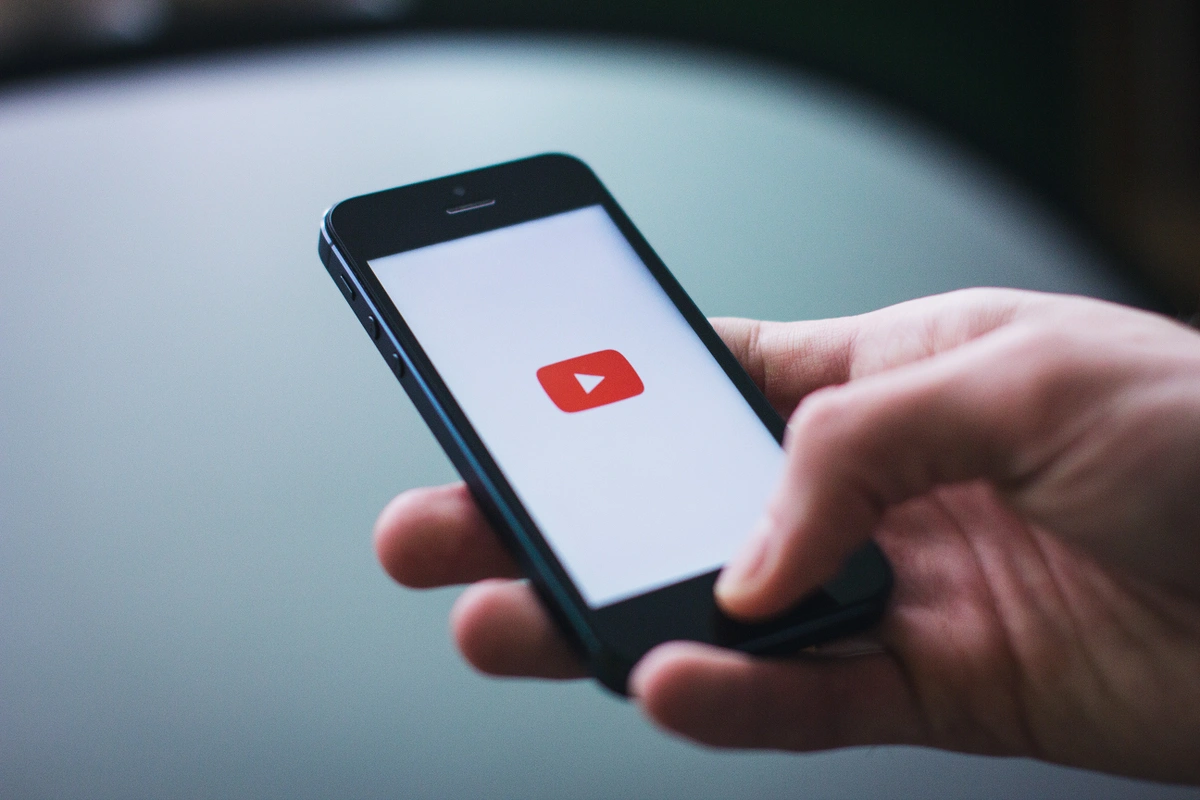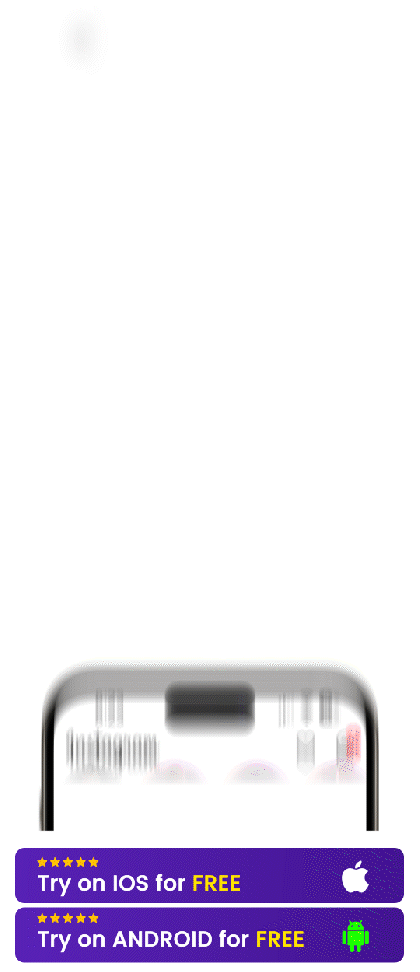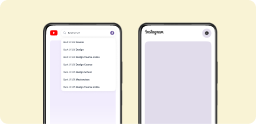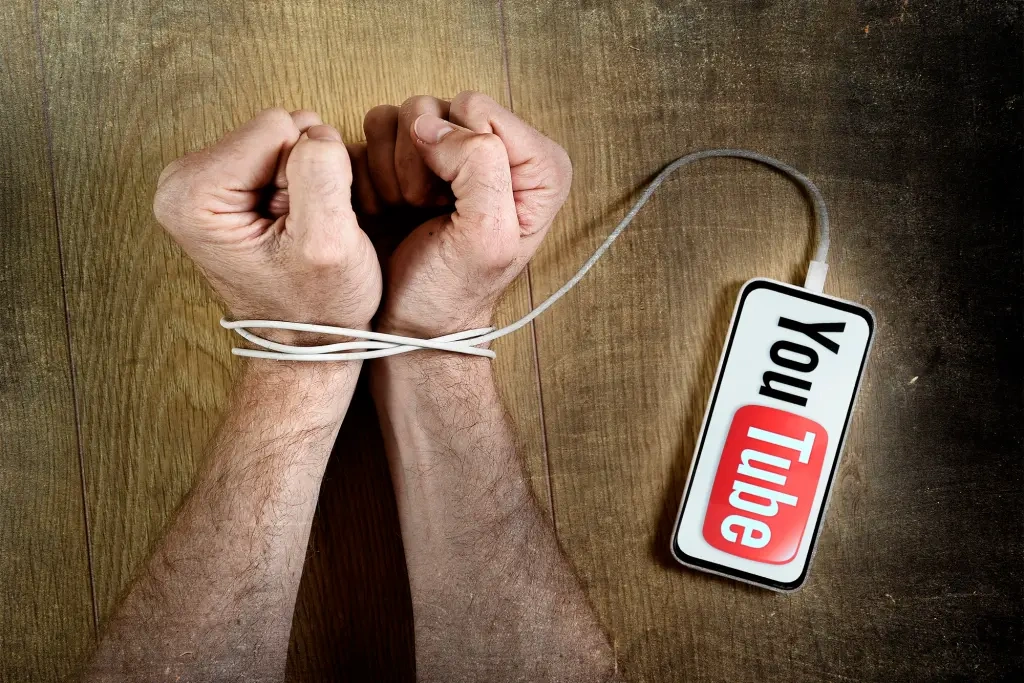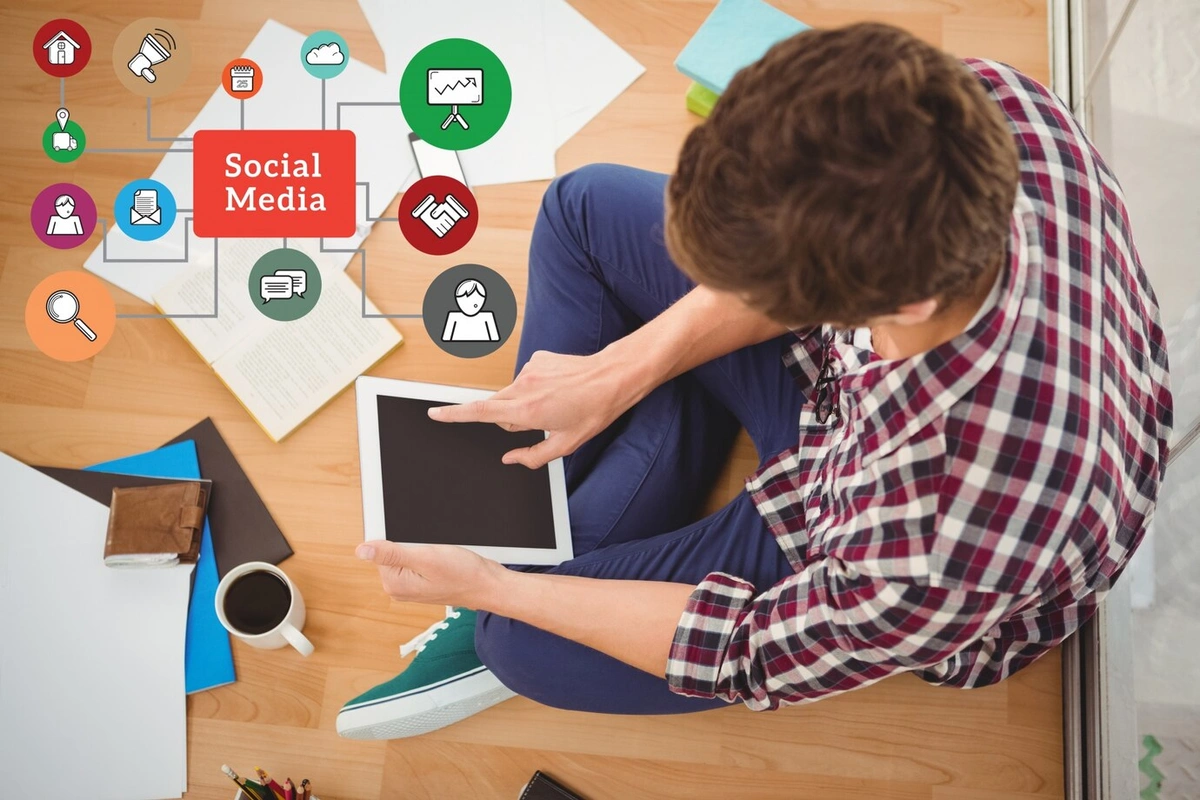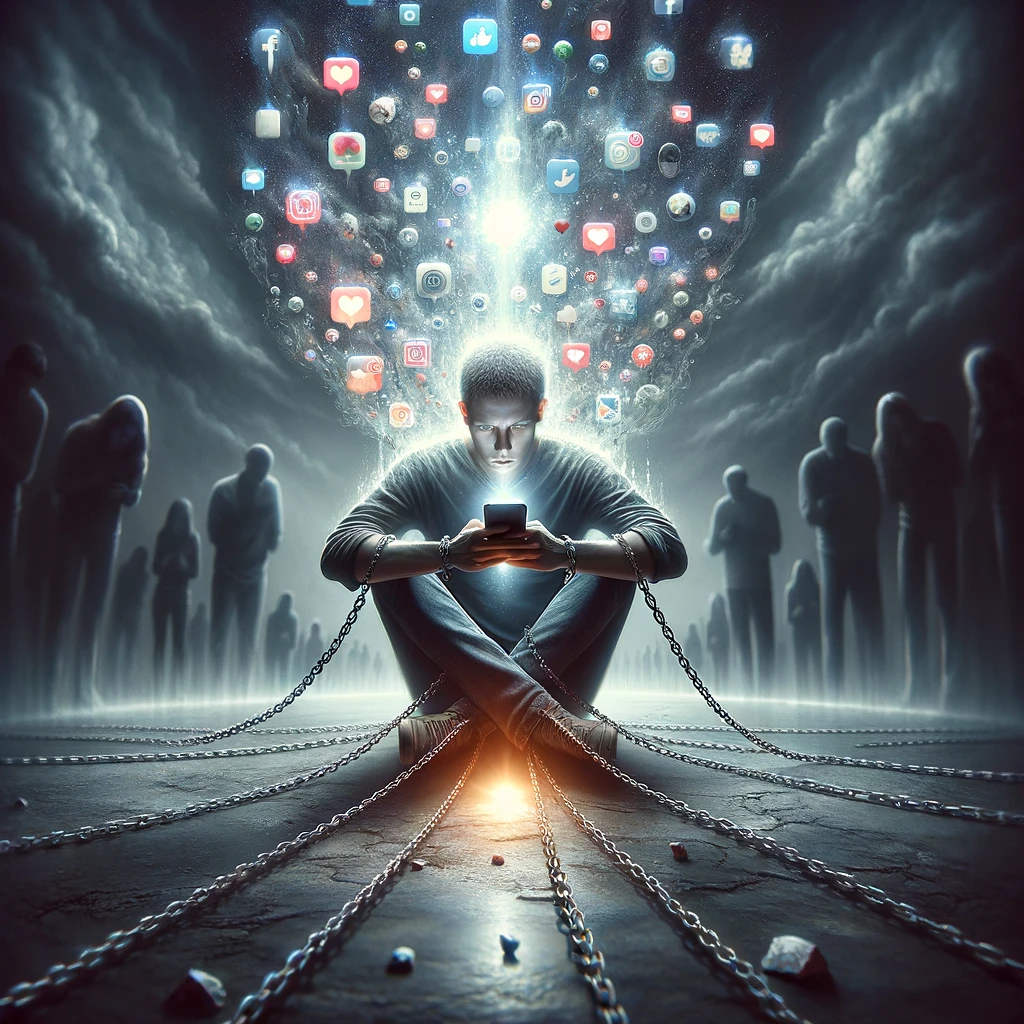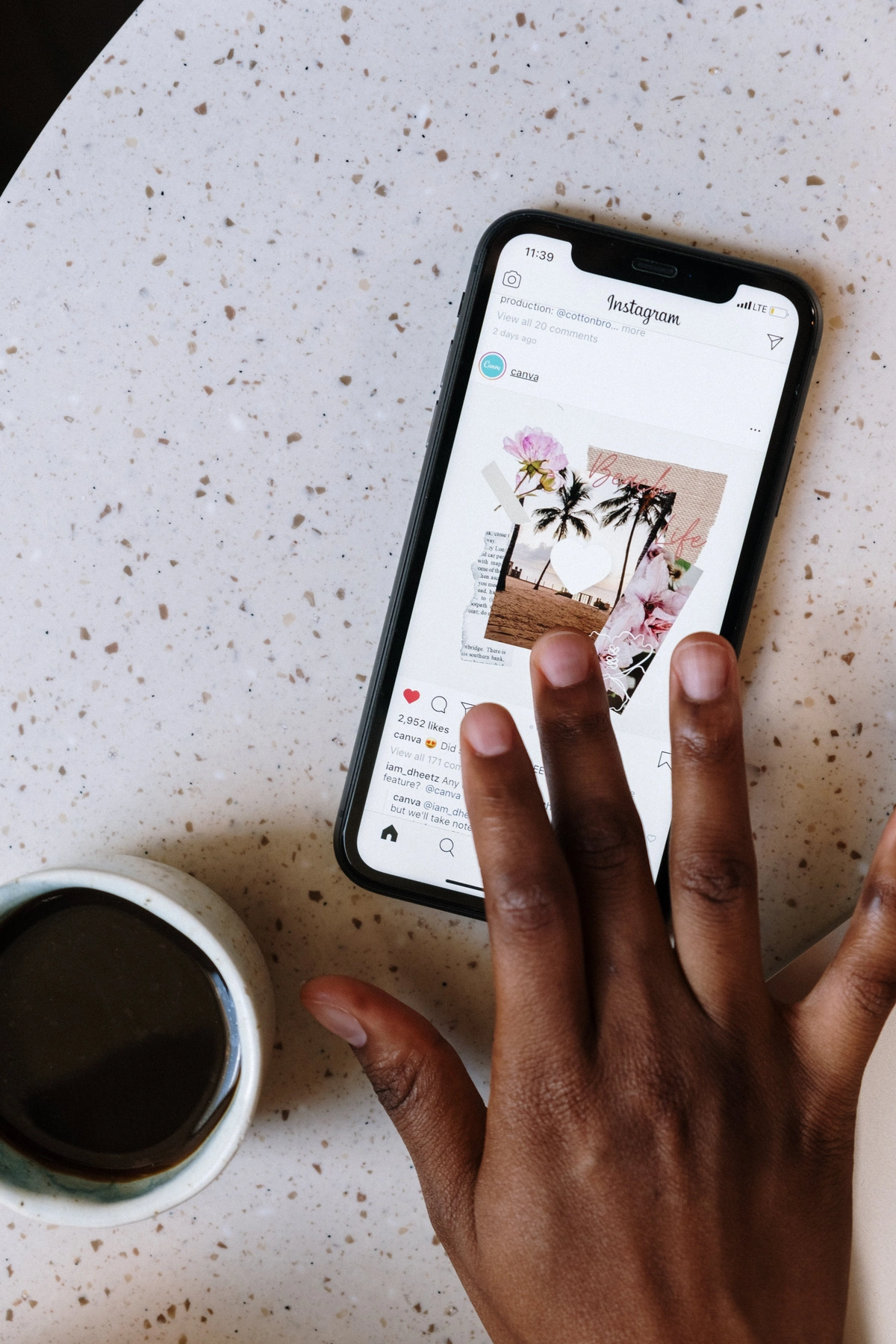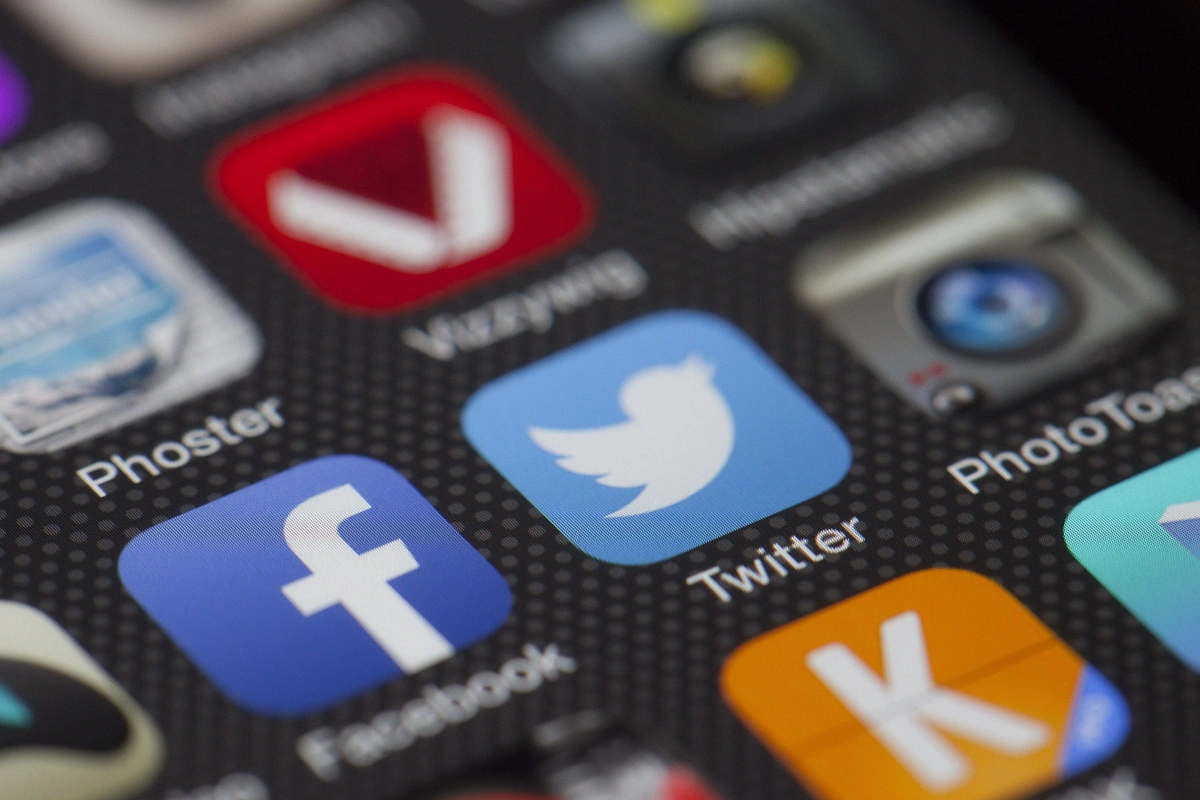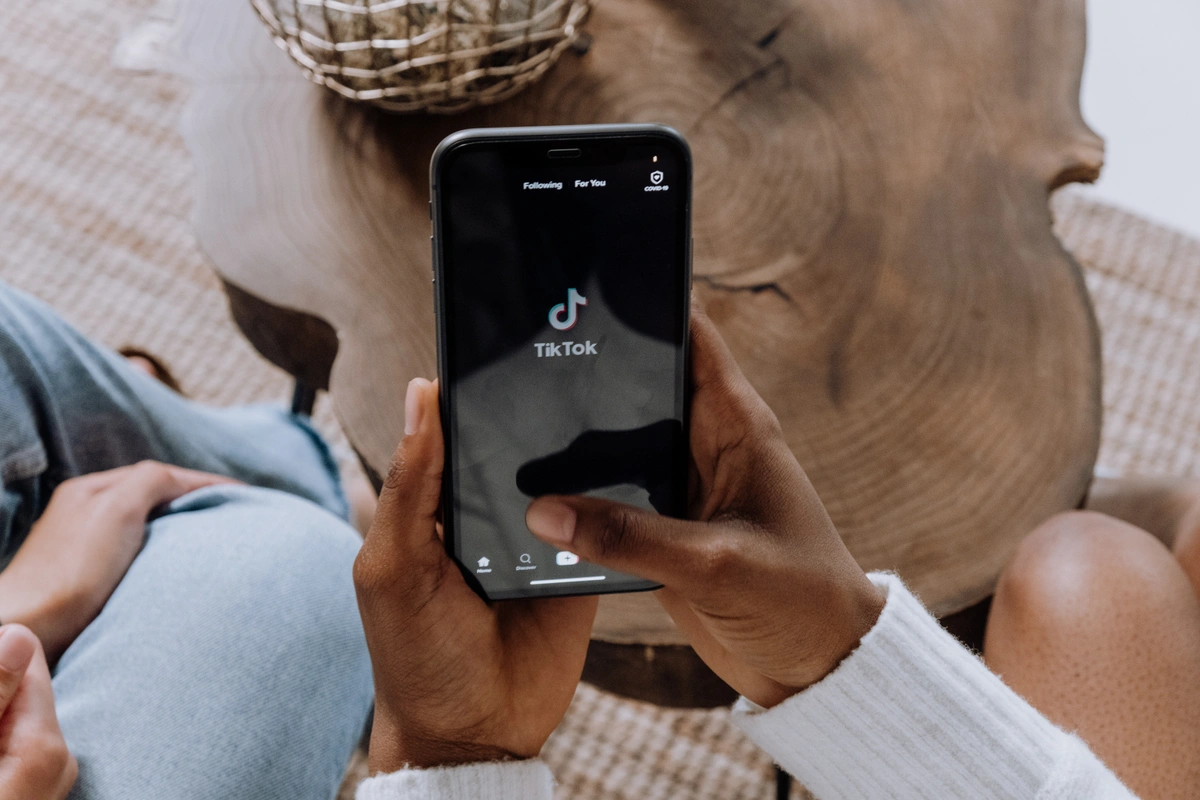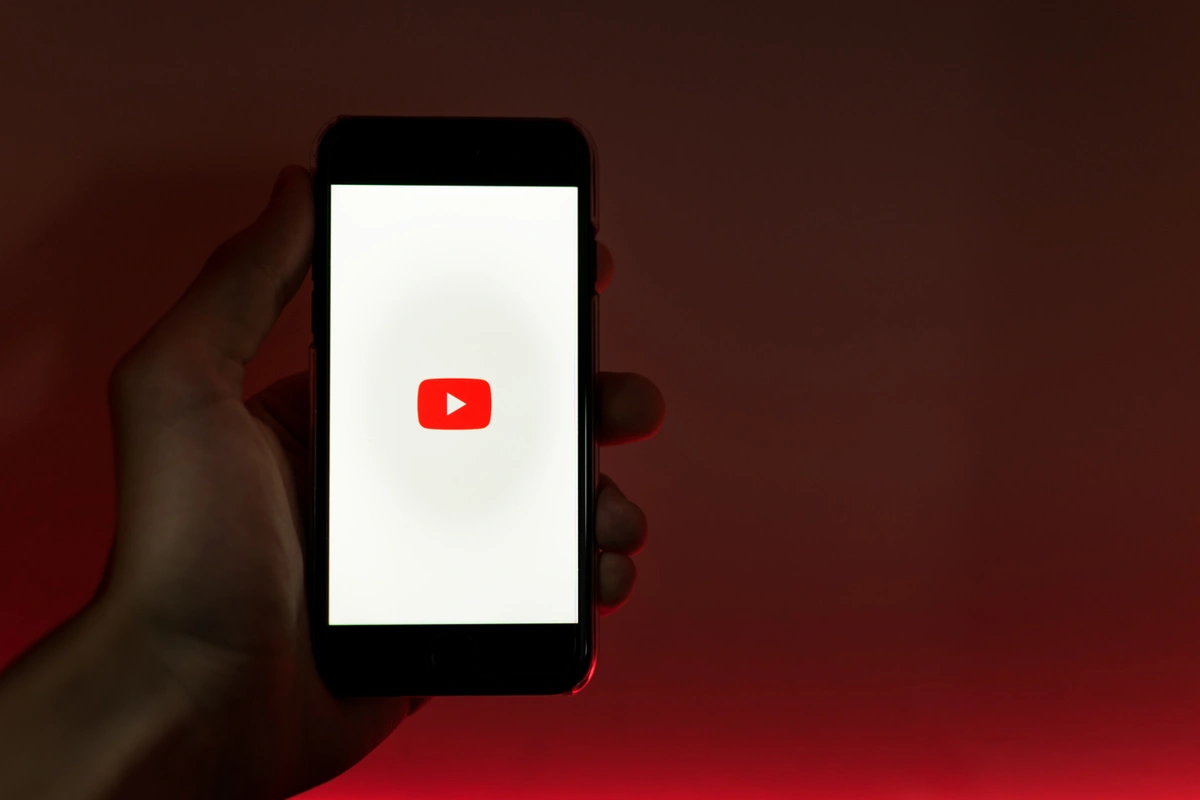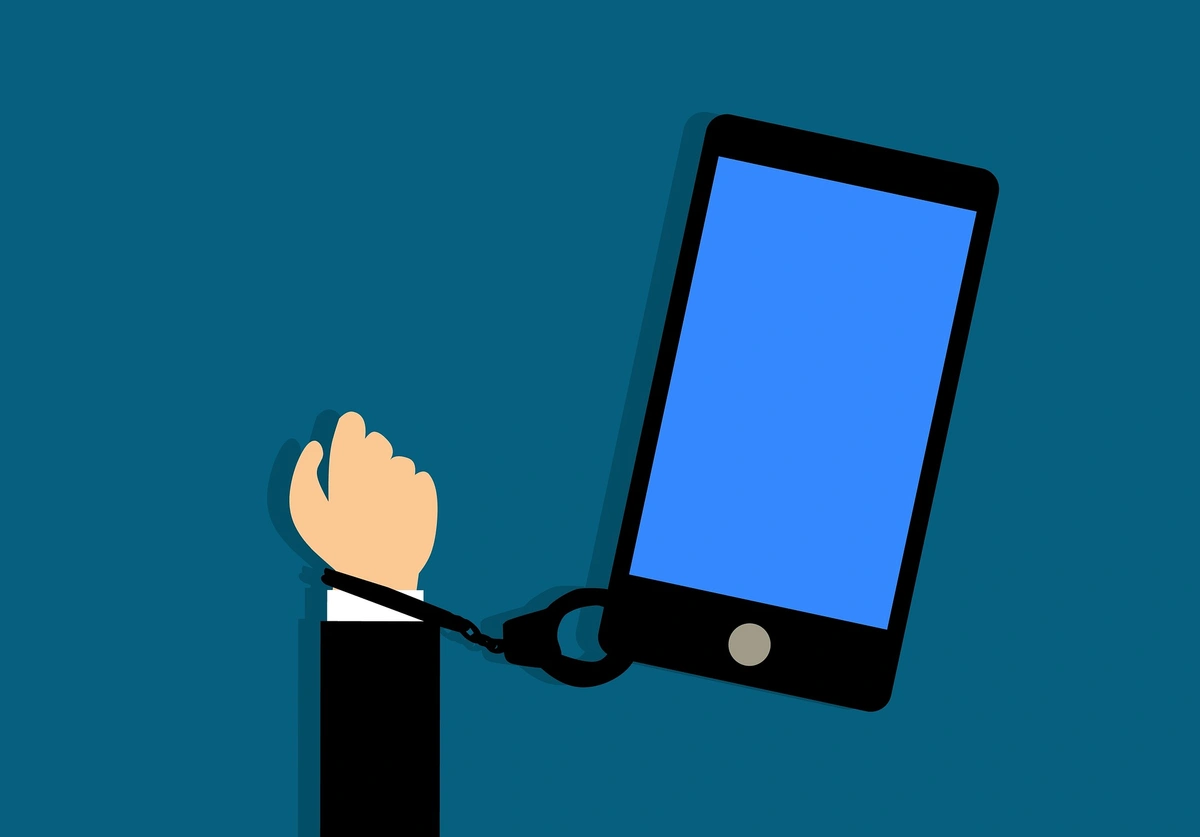Ah, YouTube – the land of endless cat videos, makeup tutorials, and conspiracy theories about shape-shifting lizards ruling the world. It's like a virtual Bermuda Triangle where time disappears into a vortex of endless content. But what if you've found yourself stranded on this digital island, unable to break free from the enchanting clutches of YouTube?
Fear not, my fellow wanderers of the web, for today we embark on a quest to liberate ourselves from the seductive allure of YouTube. In this blog, we'll explore strategies, tips, and tactics on how to stop watching YouTube and regain control over your digital life.
So, grab your sense of humor, your determination, and let's set sail on this voyage to free ourselves from the digital sirens' call.
Table of Contents
- Introduction: YouTube, the Siren of the Screen
- Why Are We Hooked on YouTube? The Science Behind It
- The Signs of YouTube Addiction: Are You One of Us?
- Breaking the Habit: How to Stop Watching YouTube
- Mindful Consumption: Reclaiming Your Time and Attention
- A YouTube Abstinence FAQ: Your Path to Recovery
- Conclusion: Sail Away from the Shores of Endless Videos
- References
Why Are We Hooked on YouTube? The Science Behind It
Let's begin by understanding why YouTube is so darn addictive. The platform is designed to keep you glued to the screen with features like:
- Endless Content: YouTube offers a bottomless pit of videos, always suggesting more to watch.
- Personalization: Algorithms tailor content to your interests, keeping you engaged.
- Instant Gratification: Likes, comments, and notifications trigger dopamine, making you want more.
- Autoplay: The autoplay feature keeps you locked into an endless video stream.
The Signs of YouTube Addiction: Are You One of Us?
Now, it's time for a reality check. How do you know if you've fallen victim to YouTube addiction? Look for these common signs:
- Excessive Screen Time: You're glued to YouTube for hours on end, often losing track of time.
- Neglected Responsibilities: YouTube has started to interfere with your work, school, or personal commitments.
- Emotional Attachment: Anxiety or irritability sets in when you can't access YouTube.
- Sleepless Nights: Late-night binging affects your sleep schedule.
- Isolation: You're withdrawing from social interactions to spend more time on YouTube.
Breaking the Habit: How to Stop Watching YouTube
Enough is enough, right? Let's break this habit once and for all. Here are some strategies to help you regain control:
- Acknowledge the Addiction: The first step is to admit you have a problem and decide to change.
- Set Clear Goals: Define why you want to quit YouTube and set specific goals.
- Track Your Usage: Monitor your YouTube consumption to grasp the extent of the addiction.
- Limit Access: Use website blockers or apps to restrict your access during specific hours.
- Find Alternatives: Replace YouTube time with productive or enjoyable offline activities.
- Seek Support: Share your goal with a friend or family member who can hold you accountable.
Mindful Consumption: Reclaiming Your Time and Attention
A digital detox is like a spa day for your mind. Here's how to embark on one:
- Set Boundaries: Establish clear limits on your daily YouTube usage.
- Unsubscribe and Unfollow: Trim your subscriptions and unfollow channels that tempt you.
- Disable Autoplay: Turn off the autoplay feature to regain control over what you watch. Good news! You can even hide YouTube shorts extensions with BeTimeful.
- Organize Subscriptions: Create playlists for your favorite channels to control your viewing habits.
- Use Productivity Apps: Employ apps that help you focus and limit your screen time.
- Reward Yourself: Celebrate your small victories along the way.
A YouTube Abstinence FAQ: Your Path to Recovery
Q1: Can YouTube addiction be compared to other forms of addiction like alcohol or drugs? A1: While the mechanisms may differ, addictive behaviors share commonalities such as compulsiveness and withdrawal symptoms.
Q2: Is it possible to enjoy YouTube without becoming addicted? A2: Yes, many people use YouTube responsibly. The key is finding a healthy balance.
Q3: Is it necessary to quit YouTube completely to recover from addiction? A3: Not necessarily. The goal is to regain control and use YouTube mindfully and in moderation.
Q4: How long does it take to break free from YouTube addiction? A4: The recovery timeline varies for each individual, but progress is possible with determination and support.
Q5: Can YouTube addiction have long-term effects on mental and physical health? A5: Excessive YouTube use can impact sleep, mental health, and physical well-being. Addressing the addiction is essential to mitigate these effects.
Conclusion: Sail Away from the Shores of Endless Videos
As we draw our voyage to a close, remember that change is possible. By acknowledging your addiction, setting goals, and seeking support, you can regain control of your time and attention.
YouTube is a captivating platform, but don't let it consume your life. Reconnect with the real world, indulge in offline hobbies, and interact with people face-to-face. With determination, a sprinkle of humor, and a dash of resilience, you can sail away from the shores of endless videos and regain control of your digital life. If you are wondering why TikTok is so addicting this blog is for you. Or, if you are wondering what causes social media distraction or Instagram addiction this blog is for you. If you are considering whether to delete Instagram we wrote this guide for you! Also, here are 20 reasons to quit social media or get inspired by people with no social media. If you are worried about social media distraction this blog is for you or you can stop using social media without deleting it with BeTimeful.
References
For further reading and support on overcoming YouTube addiction, consider exploring these credible sources:
- Title: "Internet Gaming Disorder, Video Game Addiction, and Other Behavioral Addictions" - American Journal of Psychiatry
- Title: "Compulsive Use of Social Media and Self-Reported Psychological Well-Being: A Cross-Lagged Panel Analysis" - Journal of Media Psychology
- Title: "Smartphone Addiction Among Students: A Review of Current Research" - Journal of Medical Internet Research
- Title: "Hooked: How to Build Habit-Forming Products" - Book by Nir Eyal
- Title: "The Shallows: What the Internet Is Doing to Our Brains" - Book by Nicholas Carr
- Title: "The Digital Diet: The 4-step plan to break your tech addiction and regain balance in your life" - Book by Daniel Sieberg

